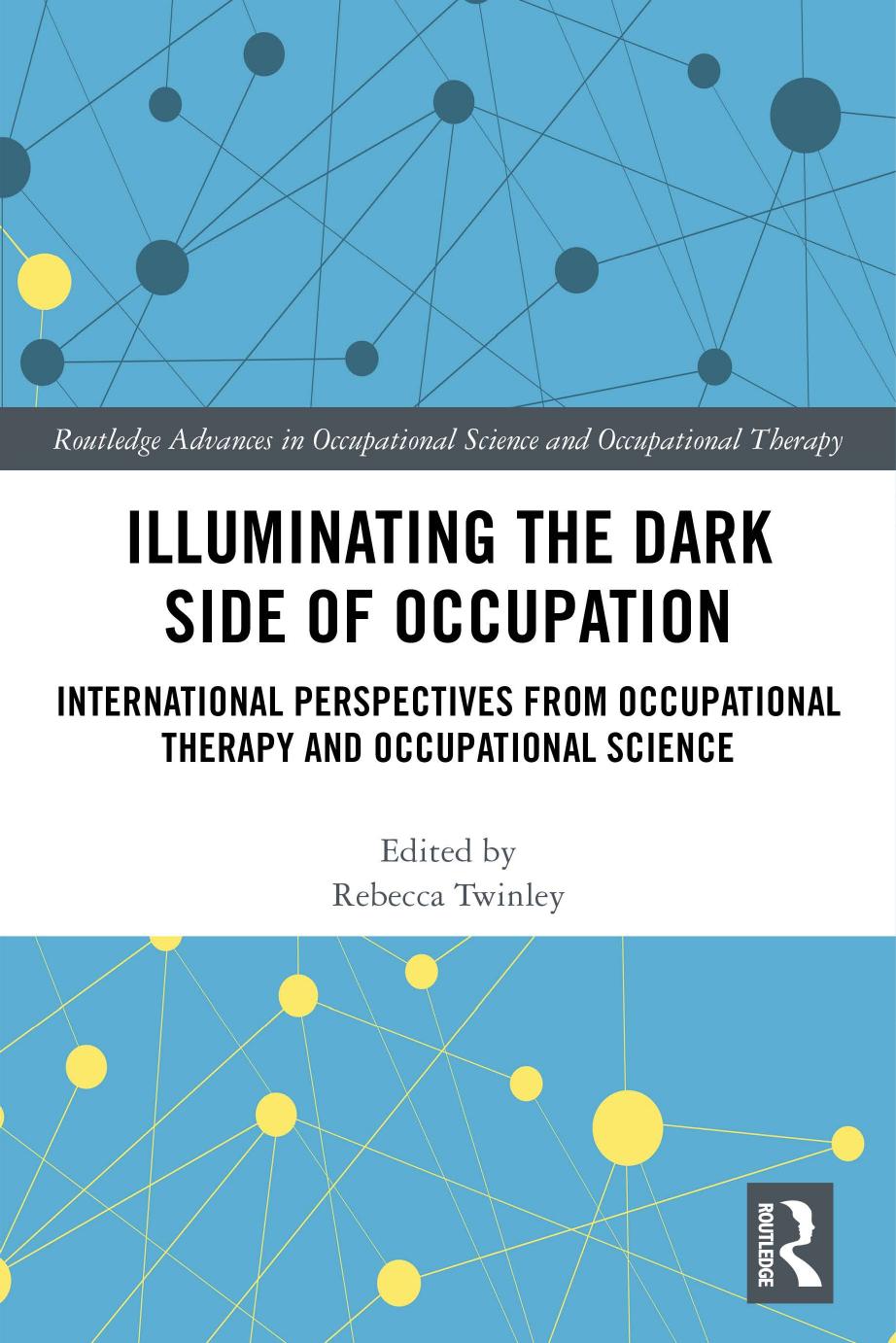

Most ebook files are in PDF format, so you can easily read them using various software such as Foxit Reader or directly on the Google Chrome browser.
Some ebook files are released by publishers in other formats such as .awz, .mobi, .epub, .fb2, etc. You may need to install specific software to read these formats on mobile/PC, such as Calibre.
Please read the tutorial at this link. https://ebooknice.com/page/post?id=faq
We offer FREE conversion to the popular formats you request; however, this may take some time. Therefore, right after payment, please email us, and we will try to provide the service as quickly as possible.
For some exceptional file formats or broken links (if any), please refrain from opening any disputes. Instead, email us first, and we will try to assist within a maximum of 6 hours.
EbookNice Team

Status:
Available4.4
16 reviewsThis innovative volume introduces Twinley’s concept of ‘The Dark Side of Occupation’. Focused on less explored and under-addressed occupations, it is an idea which challenges traditional assumptions around the positive, beneficial, health-promoting relationship between occupation and health.
Emphasising that people’s individual experiences of occupations are not always addressed and may not always be legal, socially acceptable, or conducive to good health, the book investigates how these experiences can be explored theoretically, in practice and research, and in curriculum content for those learning about occupation. Beginning with a discussion of some assumptions and misunderstandings that have been made about the concept, the substantive chapters present and analyse tangible examples of the concept’s applicability. This ground-breaking and practice-changing text provides ideas for future research and highlights contemporary, internationally relevant issues and concerns, such as the coronavirus pandemic.
This book is an essential purchase for students in occupational therapy and science, and valuable supplementary reading for practitioners. It is also relevant to a wide interdisciplinary audience with an interest in human occupation, encompassing anthropologists, councillors, criminologists, nurses, and human geographers.